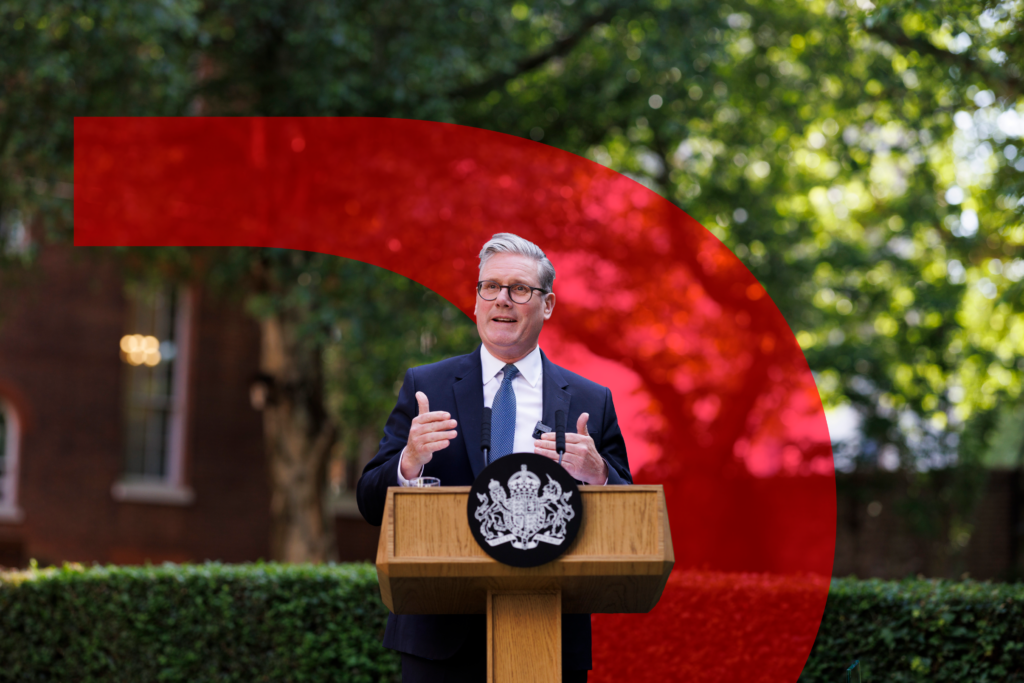Will it even happen?
Leaving the EU automatically takes away Britain’s seat at the table on every issue which the EU now determines collectively. Not just the rules of the single market, but EU collaboration, and its exercise of influence on energy policy, climate change, foreign policy, aid and trade.
The EU will, with our departure, lose the country which has been the principal champion of open and liberalised markets, of fair competition, of free trade and generous overseas aid.
President De Gaulle opposed Britain originally joining the EU because he feared that the UK would upset the protectionist European Economic Community (EEC) model which admirably suited the French agricultural economy.
Today’s EU will not regress completely but it will become more protectionist.
Read the manifesto of M. Fillon, the probable next President of France: it is all about so-called fair trade, not free trade. The saddest part of Brexit is that only in Britain is the extent of our reforming and liberalising achievement within the EU not recognised.
Britain in the world will be diminished by our leaving the EU and the EU will also be diminished by our leaving. This is because Britain has been, with France, the main advocate and implementer of a coherent, activist foreign policy and of serious military capability.
If M. Fillon is the next President of France he, along with President Trump, will be disposed to treat Russia’s President Putin as a potential ally instead of the menacing demagogue he really is.
Sanctions against Russia: bad for French agricultural exports, says Fillon. The willingness of British leaders to call Putin as he is, and to advocate and achieve a policy of containment, will remain. But when we are no longer in the room while EU policies are made and statements drafted, we will have lost our decisive say.
Sensible people in Brussels hope to manage the Brexit negotiations in a way which preserves a sane, amicable, workable relationship with the UK. Within the European Commission and the European Parliament, however, such people will not necessarily be in the majority.
Achieving a good outcome in negotiations will depend on the willingness of the EU heads of government to give clear direction and ultimately complete the negotiation themselves.
And here, as we peer anxiously at who those leaders might be, the crystal ball risks shattering. A President Le Pen would try to take France out of the euro. If she succeeded, that could spell the end of the EU.
The likelihood is that the far-right Geert Wilders will not be the next Prime Minister of the Netherlands, though he is well placed to emerge from next spring’s election as the holder of the most Parliamentary seats.
In France, the odds are that M. Fillon, not Marine Le Pen, will be the next President of France.
But it is a damning symptom of French malaise that the French left is incapable of uniting round a single champion capable of keeping Le Pen from being the second candidate (along with Fillon) in the second round of the Presidential election. As with Chirac in 2002, Fillon’s ability to carry through his advertised reforms both of France and the EU will be impaired by the fact that support for him from the left will have been given unwillingly and grudgingly.
In Germany, Mrs Merkel’s party is favourite to win the most seats in the General Election in the autumn of 2017, but she has been weakened and diminished by her handling of the refugee crisis. And if President Erdogan of Turkey were to decide, in the meantime, to turn on the refugee tap once again, Mrs Merkel would be plunged into crisis.
If, in a year’s time, Mark Rutte (or similar in the Netherlands), Fillon and Merkel are in power, and Marine Le Pen, Geert Wilders and Signor Grillo (in Italy) are not, then an undoubted attempt at serious EU reform will be made. M Fillon wants to put more power in the hands of governments. He would aim to start a process of economic, social and fiscal convergence covering company taxation, VAT rates and capital gains, leading in due course to a European Treasury.
A big question mark remains over whether the Eurozone will in practice do more than hold fractiously together without the massive political convergence (and the fiscal policy to go with it) which was always at the heart of the project and always, so far, incapable of achievement.
So, Fillon might not succeed. Some of what he wants would anyway probably require changes in the EU treaties, which in turn would require the consent of all 27 EU governments. In the Netherlands and Ireland that consent could only be given if approved by referendum. As things stand, the Dutch and Irish governments could not agree to any more treaty changes since they would not dare risk a referendum. In none of this would Brexit Britain have any say, though the results, however achieved, would massively affect British interests and trading conditions.
Fillon’s proposed reforms of EU institutions are mostly about increasing the power of governments versus the European Commission (a French agenda item since the 1960s). I doubt whether the powers of the Commission could be negotiated away, since 27 governments would have to agree. So, if that reduction in the power of the Commission happens, it is more likely to be by the continued erosion of the Commission’s authority than by a coherent act of policy. Where competition and state aid policy are concerned, this would not be in the UK interest.
The big question is whether we see the conscious construction of a coherent multi-tiered Europe, or an incoherent, piecemeal fragmentation resulting from an inability by the EU’s leaders to reconcile differing conditions and objectives. None of the assumptions underlying the western political and economic order over the last decades can any longer be taken for granted.
The state of the EU is more perilous than at any time since De Gaulle took it to the brink in 1966. Brexit is a symptom, rather than a cause, but it aggravates the condition.
We British are probably leaving the EU. If we negotiate seriously and far-sightedly, and not as if we are playing school playground games, we can save a lot of the existing cooperation with our partners in fields such as intelligence sharing, combating crime, and foreign and security policy and we may yet establish a close economic partnership.
That will not happen until the French and German elections are over by later next year and, of course, what then happens depends critically on the outcome.
The principal big players in Europe remain Germany, France and the United Kingdom. We have to try to rebuild the trilateral relationship on a new basis which recognises a continuing European shared interest in a world where Trump will not automatically be accepted in Europe as the authoritative leader of the West, where Russia will conspire to undermine our democracies and to intimidate its neighbours and where the global power of China, political as well as economic, will be increasingly asserted.
Theresa May’s reputation for careful, considered, evidence-based policy making will carry her a long way. But she will also need to be bold and brave ‒ qualities as yet unproven.
By Sir Stephen Wall






